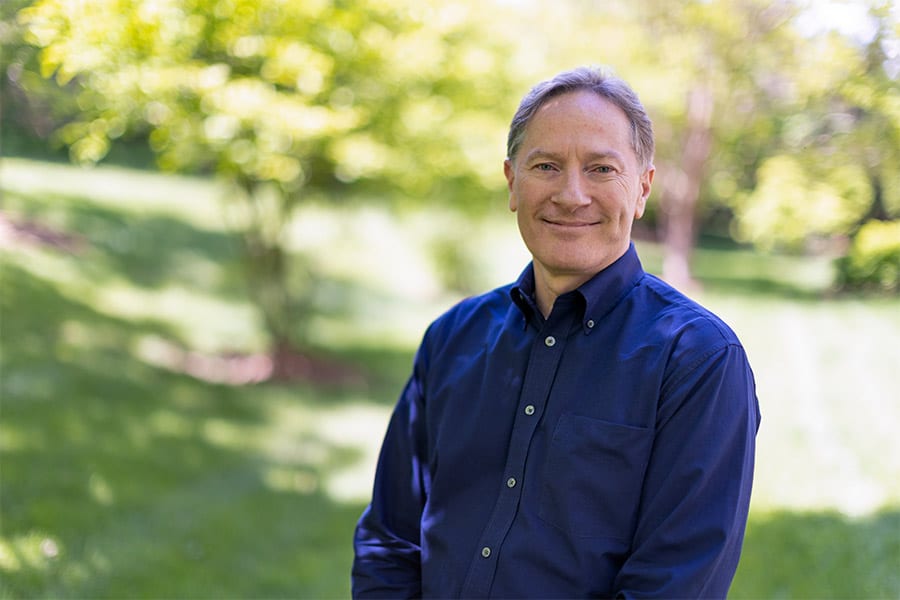The U.S. Supreme Court has fairly wide discretion over which cases it chooses to hear. Although it is most likely to intervene in cases where lower federal courts have issued conflicting legal judgements on important issues, it sometimes prefers to dodge sensitive issues (particularly those that it considers to be moot or where plaintiffs lack proper standing) and await further legal developments. This appears to have happened in the case of Tingley v. Ferguson, 601 U.S. ____ (2023).
Although the Court rejected the case, Justices Brett Kavanaugh and Clarence Thomas, would have granted cert in the case, and Thomas authored a dissent.
The case involved a petition that was brought by Brian Tingley, a licensed marriage and family counselor in the state of Washington, who, believing that an individual’s sex is “a gift from God, integral to our very being,” contested a state law enacted in 2018. He was represented by Alliance Defending Freedom.
Washington law bars conversion therapy for LGBT minors
The law prohibits licensed healthcare providers from performing talk conversion therapy on patients under the age of 18, which would seek to align such patients’ identify with their biological sex at birth.
By contrast, the law permitted such talk therapy that provided “acceptance, support, and understanding of clients or the facilitation of clients’ coping, social support, and identity exploration and development that do[es] not seek to change sexual orientation or gender identity.”
Thomas thought case involved First Amendment speech issues
Noting that the “talk therapy” at issue in this case was conducted “solely through speech,” Thomas observed that “Washington silenced one side of this debate.”
The U.S. 9th Circuit Court of Appeals had argued that that the law did not regulate speech because “counseling is a type of medical treatment and qualifies as only professional conduct.” It further argued that there is a “tradition of regulation governing the practice of those who provide health care within state borders.”
This decision, however, conflicted with a prior decision of the 11th Circuit Court, which had ruled that such laws were unconstitutional because “they prohibited speech based on content and viewpoint, and could not satisfy strict scrutiny.”
Thomas believed that it would turn the world upside down to exempt speech counseling from First Amendment speech protection. Quoting from other court decisions, Thomas observed that “It is a ‘fundamental principle that governments have ‘no power to restrict expression because of its message, its ideas, its subject matter, or its content.’” Any such laws are presumptively unconstitutional unless the state “can prove that the law is narrowly tailored to serve compelling state interests,” he said.
Thomas: State discriminated against certain viewpoints
Because the law permitted only “the state-approved message of encouraging minors to explore their gender identities,” and penalized the expression of other views, the law was “viewpoint-based and content-based discrimination in its purest form.”
Thomas also dismissed the argument that such speech should be unprotected because of traditional state regulation of medical practice. He observed that his decision in National Institute of Family and Life Advocates v. Becerra (2018) had rejected a similar argument in striking down a California law that required clinics to provide state-generated notices of abortion services. Thomas noticed that the same decision had expressed opposition to exempting any new category of speech from First Amendment protection absent persuasive evidence that there had been a long-standing rule to that effect. Thomas did not believe that speech should be any less protected because professions engaged in it.
Supreme Court plans to hear case on conversion therapy in 2025
Quoting from Justice Robert Jackson’s storied statement in West Virginia State Board of Education v. Barnette, (1943) that First Amendment freedoms constituted a “fixed star in our constitutional constellation,” Thomas expressed confidence that the Supreme Court would eventually have to decide the issue, and his own position clearly favored the right of the therapist in this case.
In 2025, the Supreme Court agreed to hear a case on conversion therapy, which may resolve the issue.
John R. Vile is a political science professor and dean of the Honors College at Middle Tennessee State University.

